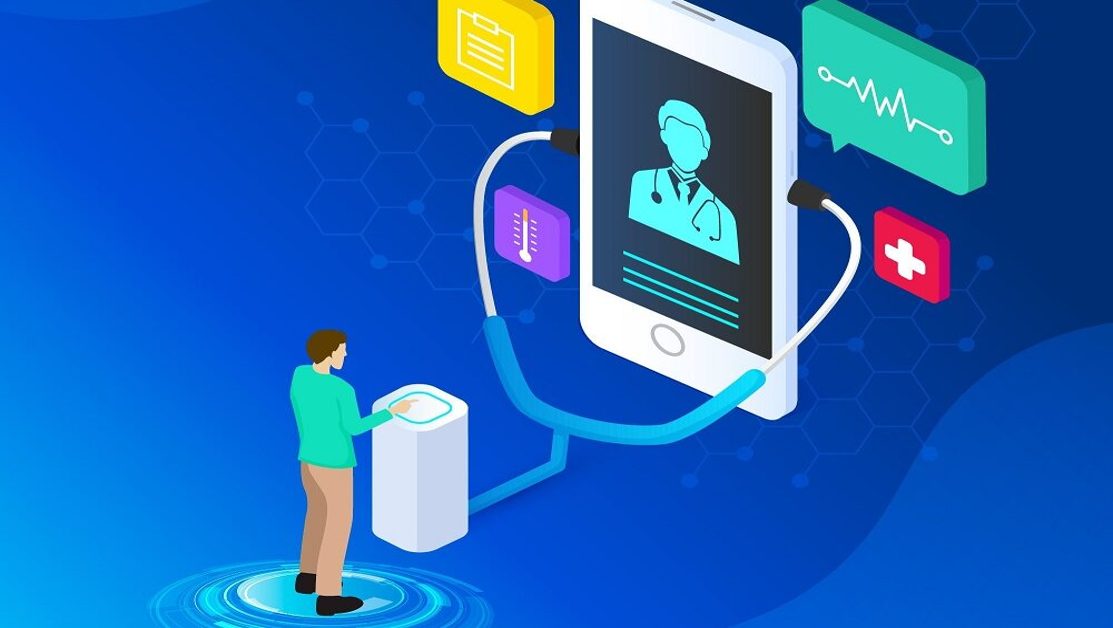
@ShahidNShah


In today’s rapidly evolving healthcare landscape, medical technology is no longer confined to the walls of hospitals or research labs—it is now a pivotal tool in the hands of social workers striving to provide holistic care. As digital tools revolutionize diagnosis, treatment, and patient communication, social workers are uniquely positioned to bridge the gap between innovation and human need.
Social workers have long been advocates, connectors, and caregivers. Their work extends beyond clinical settings into homes, schools, correctional facilities, and community centers. At its core, social work is about meeting people where they are—emotionally, socially, and economically. As medical technology advances, it equips social workers to do just that, more effectively than ever before.
For many professionals entering the field today, pursuing a masters degree in social work (MSW) is not just about clinical training—it’s also about developing the technological literacy required to navigate and integrate modern healthcare tools into practice. More MSW programs now include coursework that touches on digital health systems, telehealth ethics, and data-informed case management.
One of the greatest promises of medical technology is improved access. Telehealth platforms allow social workers to connect vulnerable populations—such as the elderly, individuals in rural communities, or those with disabilities—to essential healthcare services. Mobile apps and remote monitoring tools help track medication adherence, chronic conditions, and mental health symptoms, giving social workers actionable insights to intervene early.
These tools are especially crucial in underserved communities, where barriers to care—transportation, finances, stigma—can prevent individuals from seeking help. Medical tech enables social workers to become real-time collaborators in a client’s care, rather than occasional touchpoints.
Modern case management software, predictive analytics, and electronic health records (EHRs) are transforming how social workers assess risk, track progress, and coordinate care. With access to accurate and up-to-date patient data, social workers can tailor interventions and anticipate crises before they happen.
However, with this influx of data comes the responsibility to protect it. Social workers must balance data ethics—ensuring confidentiality, informed consent, and cultural sensitivity—with the benefits of more personalized care. As frontline advocates, they also have a role in shaping tech policy, especially when it comes to how data impacts marginalized groups.
Today, being a tech-savvy social worker is no longer optional. Whether it’s navigating virtual appointments, understanding biometric devices, or helping clients access digital resources, technological literacy is becoming essential to the profession. Educational programs are beginning to reflect this shift, integrating digital health tools and medical informatics into their curricula.
But tech literacy goes both ways—social workers often serve as guides and educators for clients who may be overwhelmed by or unfamiliar with digital health tools. In this role, they foster digital inclusion, helping people not just access care but engage with it meaningfully.
Despite the rise of artificial intelligence, robotics, and wearable sensors, one truth remains: healing is a deeply human experience. Medical technology may enhance the how of care, but social work provides the why. It ensures that innovation doesn’t outpace empathy.
Whether it’s coordinating remote care for a homebound senior, advocating for inclusive tech design, or using real-time data to prevent a mental health crisis, social workers remain the emotional and ethical backbone of our health systems.
As medical technology continues to evolve, it’s imperative that social workers stay at the forefront—not just as users, but as co-creators of a future where care is both high-tech and high-touch.
Interested in how tech is transforming your field? Follow our blog for more stories where innovation meets impact.

Physiotherapy is undergoing a major transformation, thanks to the rise of virtual sessions and innovative smart tools. You don’t always have to go in for an appointment to manage pain or recover from …
Posted Apr 21, 2025 Biological Products Fundamental Technologies Virtual Care Technology Chronic Illness
Connecting innovation decision makers to authoritative information, institutions, people and insights.
Medigy accurately delivers healthcare and technology information, news and insight from around the world.
Medigy surfaces the world's best crowdsourced health tech offerings with social interactions and peer reviews.
© 2025 Netspective Foundation, Inc. All Rights Reserved.
Built on Apr 23, 2025 at 1:08pm